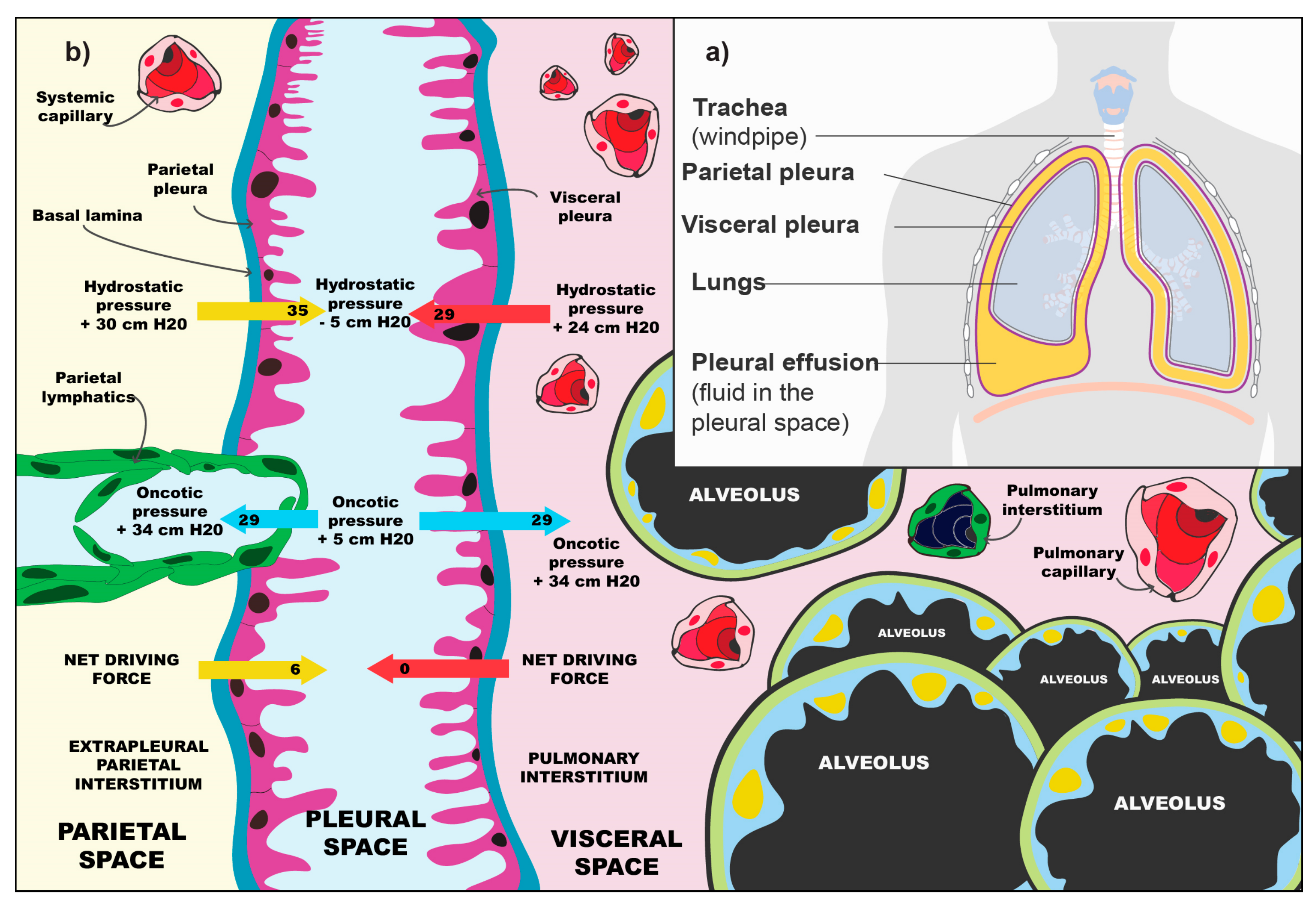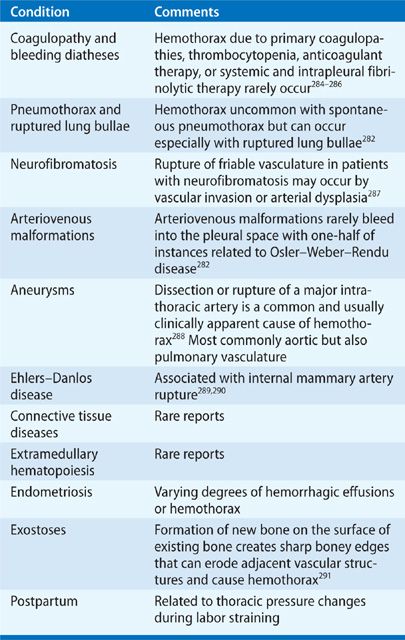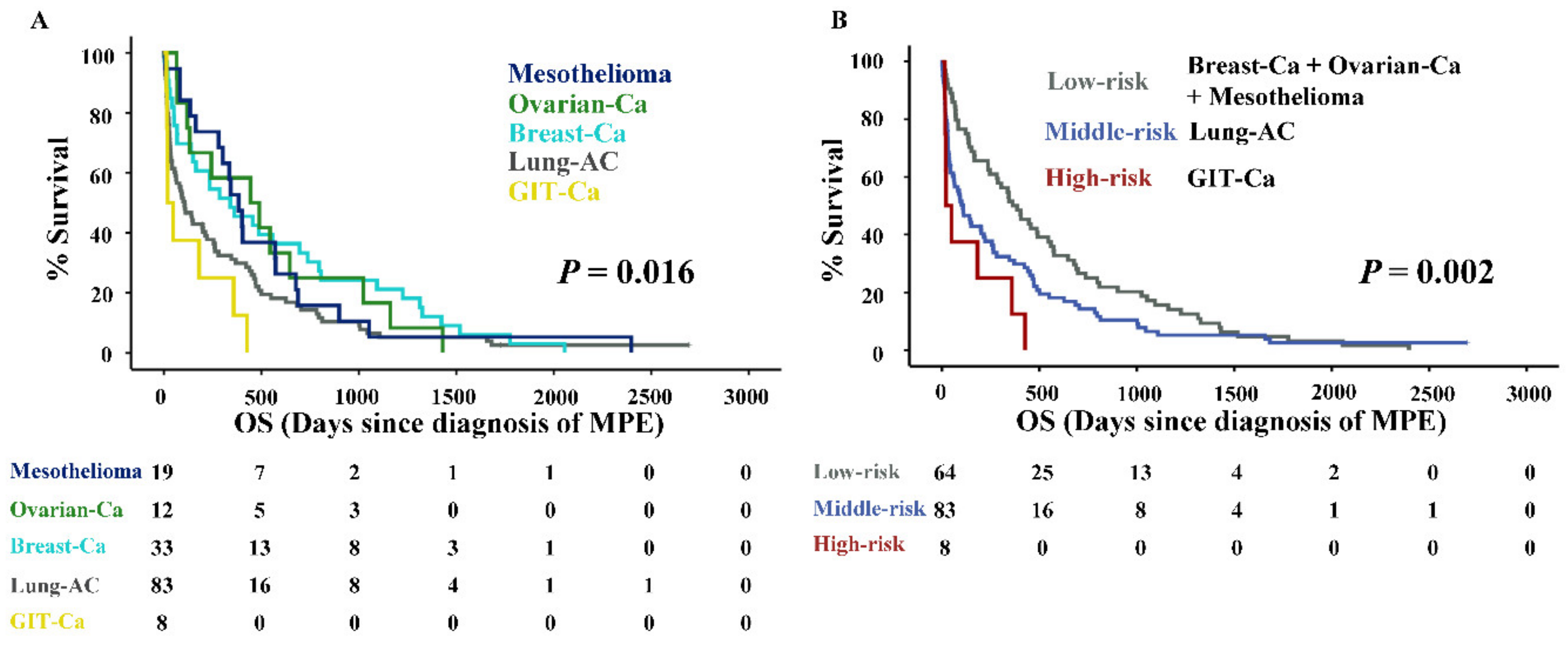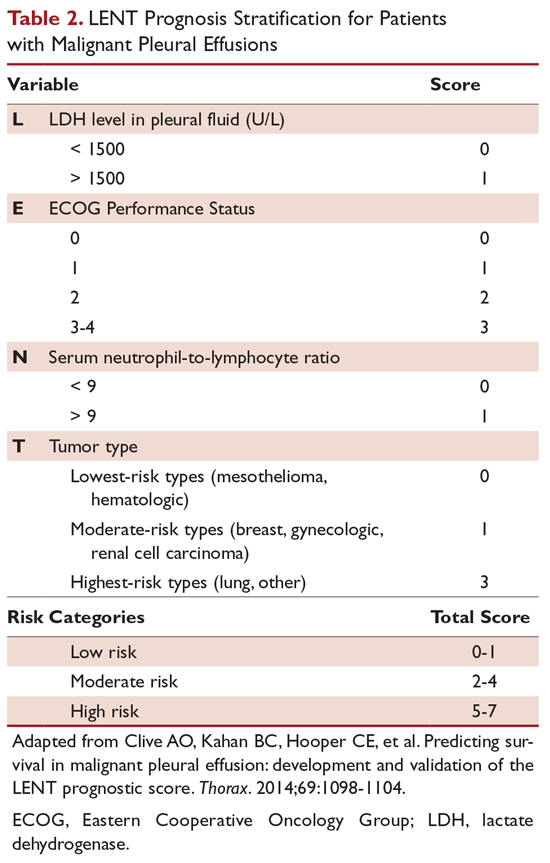what is the prognosis for malignant pleural effusion
Median survival was 84 months. If due to heart failure cirrhosis or malignancy the effusion is likely to recur.

Prevalence Clinical Characteristics And Outcome Of Pleural Effusions In Ovarian Cancer
Malignant Pleural Effusion A malignant pleural effusion MPE is the build up of fluid and cancer cells that collects between the chest wall and the lung.

. Respiratory symptoms include breathlessness cough and chest pain. Am J Respir Crit Care Med Vol. Patients in these stages often have a poor prognosis with an average life expectancy of less than six months.
The prognosis of the patient with a pleural effusion depends on the underlying condition. Malignant pleural effusion MPE is a common and important clinical condition. Prognosis of Malignant Pleural Effusion As previously mentioned this condition often indicates the presence of advanced stage lung cancer or breast cancer.
However most patients with a pleural effusion have no long-term sequelae. Patients with pleural effusion and ovarian cancer had the best median survival 21 months compared with those with other primary tumors. In some cases the fluid itself may be malignant cancerous or may be a direct result of chemotherapy.
If cancer grows in the pleural space it causes a malignant pleural effusion This condition is a sign that the cancer has spread or metastasized to other areas of the body. The median survival time the time at which 50 percent of people will have died is four months though some people survive longer. This condition is associated with very high mortality with life expectancy ranging from 3 to 12 months.
A complication in many types of tumors its presence indicates the onset of the terminal stages of cancer. The main symptom of malignant pleural effusions MPE is shortness of breath 57 typically. 11 Positive cytologic results on pleural lavage indicate poorer prognosis and may be incorporated into future modifications of.
A malignant pleural effusion is when the fluid builds up because of cancer The most common form of cancer that starts in the pleura is mesothelioma a cancer often caused by exposure to asbestos Cancer from anywhere in the body can spread to the pleura but the two commonest cancers to do this are lung cancer and breast cancer. What is the prognosis of malignant pleural effusion. The average malignant pleural effusion life expectancy is a little less than six months with the median survival time being as less as four months.
The clinical history of patients with malignant pleural effusion MPE can be variable. Lung cancer in men and breast cancer in women account for 5065 of all MPE 2 followed by ovarian metastatic cancer hematological malignancies and malignant pleural. The most common underlying tumors are lymphomas and cancers of the lung breast and ovaries which account for 75 of cases.
It is a fairly common complication in a number of different cancers. Six- 12- and 24-month survival was 58 95 CI 047067 39 029049 and 20 012029 respectively. The prognosis of cases where the effusion is due to carcinoma of the lung or due to cancer of the.
If cancer grows in the pleural space it causes a malignant pleural effusion This condition is a sign. However most patients with a pleural effusion have no long-term sequelae. Diagnosis of malignant pleural effusion is of paramount importance.
In seven cases pleurodesis was ineffective. Sadly the average life expectancy for lung cancer with a malignant pleural effusion is less than six months. Pleural effusion is caused by certain conditions that lead to an increased build-up of fluid in the pleural space the narrow space between the lungs and the chest wall.
Malignant pleural effusion MPE is common with an estimated annual incidence of 150 000 in the USA alone and given the year-on-year increase in new cancer diagnoses the incidence is set to rise1 2 MPE represents advanced malignant disease and current guidelines quote median survivals of between 3 and 12 months3 Pleural and oncological treatment options are. Pleural effusion may occur with several types of cancer including lung cancer breast cancer and lymphoma. If due to heart failure cirrhosis or malignancy the effusion is likely to recur.
Malignant pleural effusion MPE affects 150000 people in the US and over 250000 people in Europe each year and it represents a common finding up to 15 in the advanced stage cancers 1. A pleural effusion can be serious and potentially life-threatening but it is treatable. The medial survival of patients with breast cancer was 6 months and those with either lung cancer or lymphoma had a median survival of 4 months Tables 3 and.
The underlying condition is. Prognosis of Malignant Pleural Effusion As previously mentioned this condition often indicates the presence of advanced stage lung cancer or breast cancer. This can cause you to feel short of breath andor have chest discomfort.
During the past decade the prognosis of patients with advanced nonsmall cell lung cancer has. The prognosis of the patient with a pleural effusion depends on the underlying condition. Malignant pleural effusion MPE is a common and important clinical condition.
Studies are contributing evidence on an increasing number of therapeutic options therapeutic thoracentesis thoracoscopic pleurodesis or thoracic drainage indwelling pleural catheter. Symptomatic malignant pleural effusion is a common clinical problem. Most patients will be symptomatic although up to 25 percent may be asymptomatic with the effusion discovered incidentally during imaging for another reason.
Development of a malignant pleural effusion is associated with a very poor prognosis with median survival of 4 months and mean survival of less than 1 year. Symptoms of pleural effusion include shortness of breath coughing and chest pain. Malignant cells can reach the pleural space without effusion and lavage of the pleural space before resection of lung cancer in those without effusion can have positive cytologic results in as many as 53 in a study of 1200 patients undergoing surgery.
In general for self-resolving uncomplicated bacterial parapneumonic effusions therapy may last one to two weeks while therapy for complicated parapneumonic effusions and empyema are often longer eg two to three weeks for a complicated parapneumonic effusion and four to six weeks for empyema. Malignant effusions may change the staging and subsequent prognosis of the underlying cancer. Certain medications abdominal surgery and radiation therapy may also cause pleural effusions.
Lung or breast cancer. Malignant effusions may change the staging. Survival data after VATS talc pleurodesis advocate use of this invasive treatment method despite the advanced stage of cancer.
Dyspnea is the most common symptom of MPE.

The Diagnostic Steps In Suspected Malignant Pleural Effusion Table 1 Download Scientific Diagram

Malignant Pleural Effusions Thoracic Key

Management Of Malignant Pleural Effusions The Figure Is Modified From Download Scientific Diagram

Characteristics Of Patients With Malignant Pleural Effusion Download Table

Prevalence Clinical Characteristics And Outcome Of Pleural Effusions In Ovarian Cancer

Prognostic Factors For Survival After Surgical Palliation Of Malignant Pleural Effusion Journal Of Thoracic Oncology

Malignant Pleural Effusion Management Keeping The Flood Gates Shut The Lancet Respiratory Medicine

Malignant Pleural Effusion 03102017 Youtube

Malignant Pleural Effusions Thoracic Key

Algorithm For The Management Of Malignant Pleural Effusion 36 Adopted Download Scientific Diagram

Overall Survival Probability According To Malignant Pleural Effusion Download Scientific Diagram

Cancers Free Full Text Prognostic Immune Cell Profiling Of Malignant Pleural Effusion Patients By Computerized Immunohistochemical And Transcriptional Analysis Html

Ers Eacts Statement On The Management Of Malignant Pleural Effusions European Respiratory Society

Overview Of The Most Common Malignant Diseases Associated With Download Scientific Diagram

Medicina Free Full Text Malignant Pleural Effusion And Its Current Management A Review Html

Treatment Options For Malignant Pleural Effusions Download Table
Malignant Pleural Effusion Still A Long Way To Go Researcher An

Malignant Pleural Effusion Evaluation And Diagnosis Pulmonary Health Hub

Prognostic Impact Of Malignant Pleural Effusion At Presentation In Patients With Metastatic Non Small Cell Lung Cancer Journal Of Thoracic Oncology